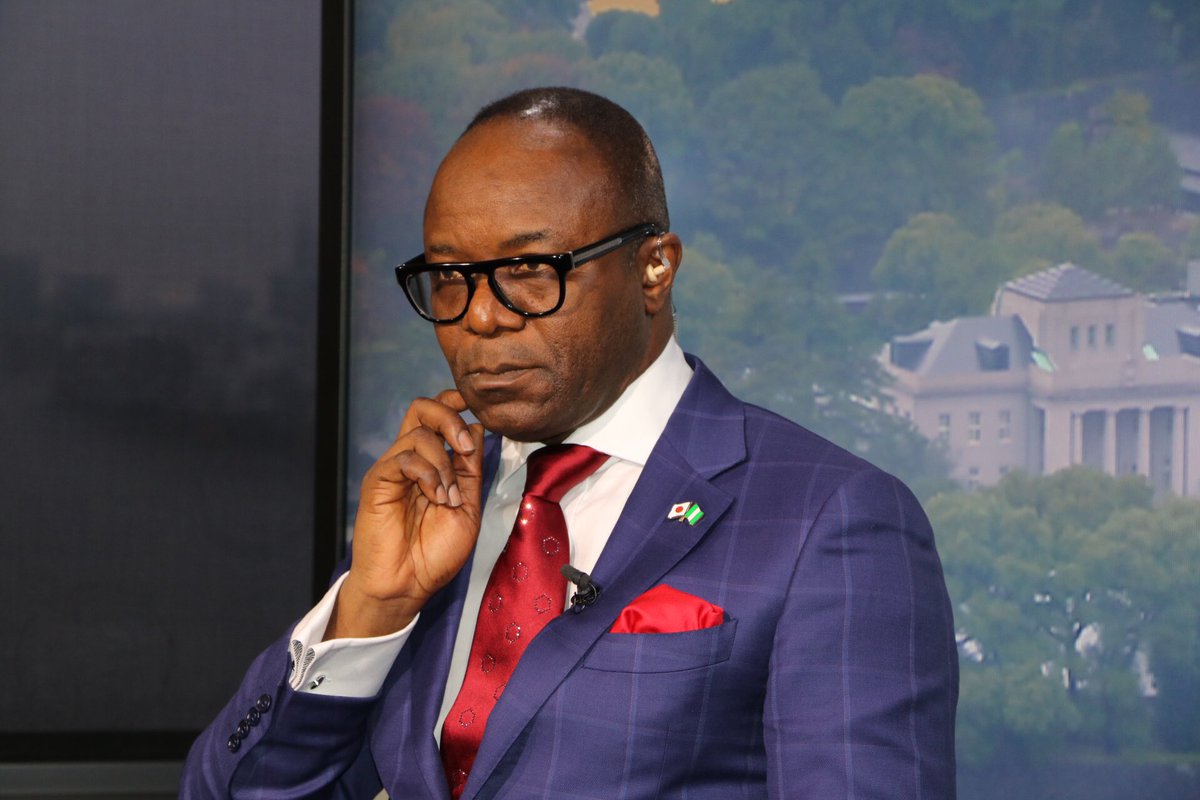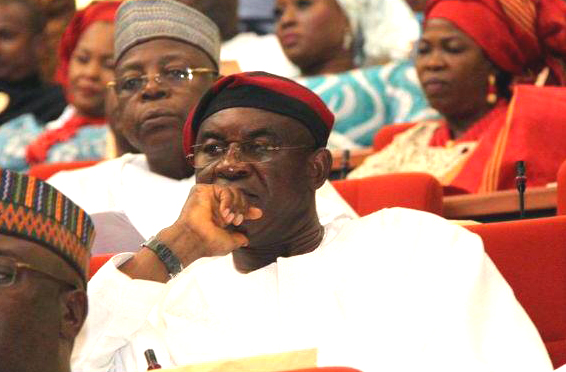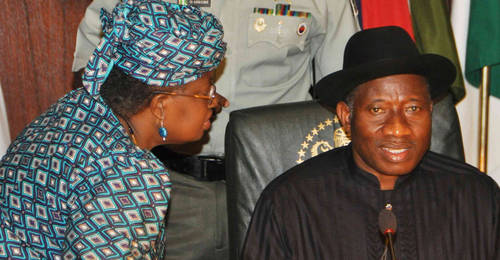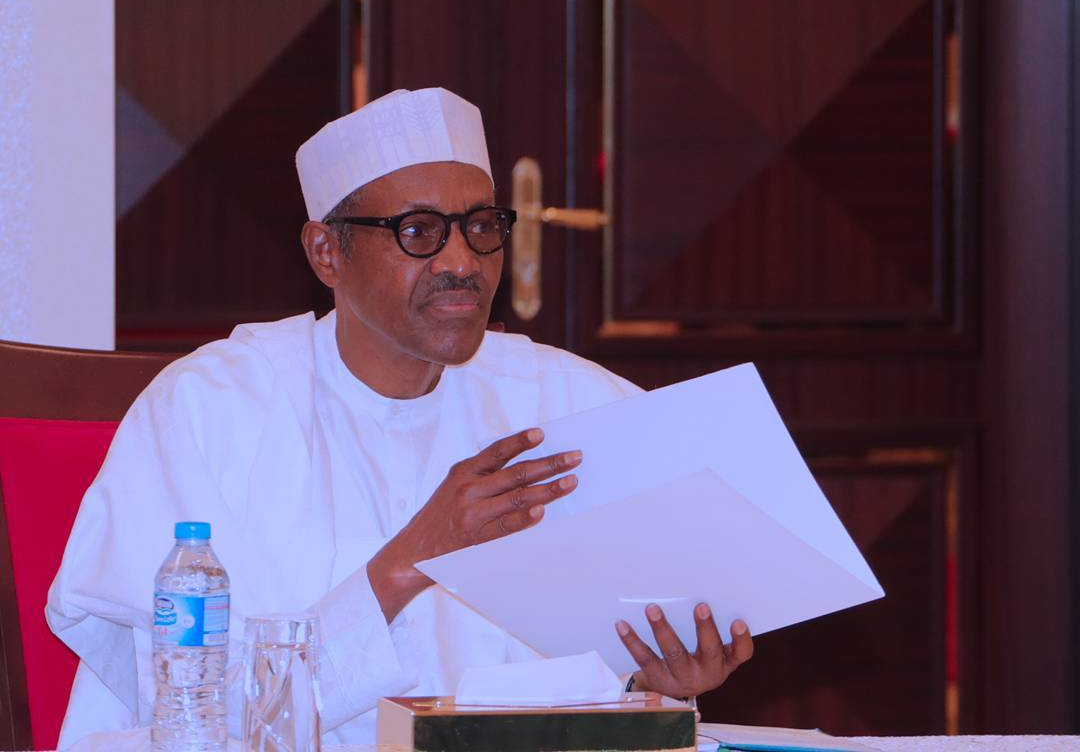Ok, I understand that we cannot defeat Boko Haram for now, because we have less sophisticated weapons; I get that we cannot immediately halt the shrinking of Lake Chad because climate change is beyond us; I get that we cannot make oil sell at $100 per barrel because there is a global market controlling that. But please, explain to me; why is there fuel scarcity in the wealthiest oil-rich country in Africa?
In the first week of December, the official rate of the naira to the dollar, as largely controlled by the Central Bank of Nigeria (CBN) dropped from N305/$1 to N307/$1 for the first time ever. I know there are many factors driving fuel scarcity, and I may be wrong, but the first thought that came to mind after the naira drop, was that fuel scarcity was on its way. A few hours later, I heard that fuel queues were suddenly reappearing across the country. So how does the rate of the naira affect price of petrol at that station near you? Demand and supply.
Let me explain how this works: When President Muhammadu Buhari came into office, the naira traded at N197 to the dollar. Due to the unstoppable depletion of our reserves at the time, following the crash in oil prices, Nigeria was advised to devalue the naira to reflect the real state of the local currency and encourage investors to come into the economy. The president refused for 16 months. His excuse was that he “cannot kill the naira”.
Eventually he had to bulge, but it was too late. The naira moved from 197 to 283 on the first day of the official devaluation.
Advertisement
Since we buy petroleum products from the international market, where we pay in dollars, an independent marketer who could buy $1million worth of petrol for N197 million now needed N283 million for the same volume of petrol. Hence, the need for marketers to raise the prices or stop importing, which lead to a chronic scarcity in March, April 2016.
The federal government eventually rose up to the occassion and approved a new template, which was premised on N285/$1. That night in May, 2016, Vice-President Yemi Osinbajo and Ibe Kachikwu, minister of state for petroleum announced the official increase in pump price to N145 per litre from N86 per litre, and buffered the situation with the narrative around “liberalising the oil sector” for longterm profit. You know how the story went on from there.
Pump price of petrol became hinged on the price of naira to the dollar, any radical shift in that means a radical shift in pump price or radical increase in subsidy of foreign exchange to the oil marketers. So, if we have petrol today, the fuel scarcity is never really gone.
Advertisement
So, I was not surprised when it resurfaced this month, with Lai Mohammed, minister of information and culture blaming the scarcity on Winter! In military fashion, the federal executive council gave Kachikwu marching orders to clear fuel scarcity by weekend. You cannot order the market around!
WHY KACHIKWU CANNOT FIX FUEL SCARCITY
Ibe Kachikwu at the beginning of the Buhari administration was voted by a number of polls as the best performing minister in Buhari’s cabinet. The technocrat, who had spent most of his life at one of the world’s biggest oil companies Exxon-Mobil, was coming to the national assignment with so much enthusiasm to fix the irredeemable.
Over time, Kachikwu has become like that 100 level student who promised he would graduate with a first class from the university, but by his third year, he says “a second class upper wouldn’t be a bad idea”. In his final year, he changed the tone to “let me just graduate with a 2:2”.
Let me explain: When Kachikwu came on board, he really wanted to fix our oil. For the first time in 40 years, we saw the financial statements of the Nigerian National Petroleum Corporation (NNPC). Bidding processes became transparent and even aired on national TV. Our moribund refineries began to work again — even if there were at sub-optimal levels.
Advertisement
But to fix the long term problem, and stop Nigerians from importing petroleum products when it has oil, Kachikwu recommended the sale of refineries to hands capable of managing it — a move Olusegun Obasanjo had taken in 2007, before it was reversed by Late Musa Yar’Adua. But the real minister of petroleum, Muhammadu Buhari, said no.
“Personally, I will have chosen to sell the refineries, but President Buhari has instructed that they should be fixed,” Kachikwu said in 2015. “After they are fixed, if they still operate below 60 per cent, then we will know what to do,” he added.
Today, none of the government refineries operates at 60 percent of its capacity. In fact, for September 2017, Kaduna and Warri refinery operated at 0% while Port Harcourt refinery operated at 13%, according to NNPC’s own figures. They have been operating at a loss for many years, and recorded N3.52 billion loss in September. Yet, the president still insists on keeping them as national treasures.
Kachikwu and Maikanti Baru, the NNPC GMD, may find a quickfix to the current scarcity problems, but the reality remains; Nigeria’s fuel scarcity problems cannot be permanently fixed, until Nigeria starts refining its own oil. Since Buhari, the minister of petroleum, and his team at the villa are waiting for Dangote refinery, fuel scarcity will keep visiting us from time to time. I so submit.
Advertisement
BUHARI, WAZIRI ADIO, AND THE $1BN GANG
The Yoruba will say: When a crab comes out of its hole, you have to watch it, for you don’t know what direction it plans to take. As Buhari and his team came out with this $1billion for fighting Boko Haram, and now for state security issues and community policing, we have to watch and wait to allow them conclude on what they really want to do with the fund.
While we wait, I sympatise with Waziri Adio and the hardworking team at NEITI, who have been making a strong case for national savings, only to hear about the withdrawal of $1billion from the excess crude account (ECA). Save Obasanjo, Buhari is just like the rest of his predecessors.
Advertisement
Add a comment







